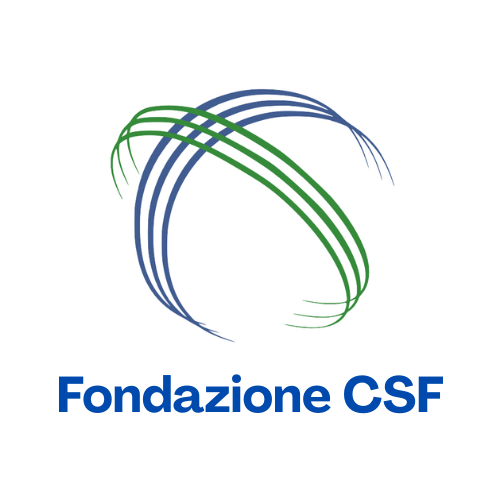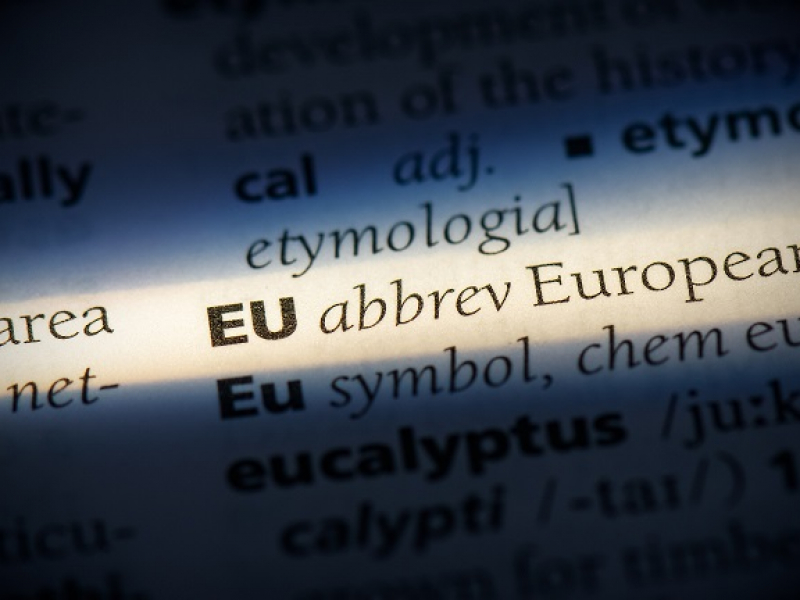Domenico Moro / 24 February 2025
Commentary no. 315
What is on the horizon is a momentous event: the fracture of the West and the possible end of the European project. The rupture is occurring both in terms of values and the multilateral institutions that reflect them, as well as in the realm of common security. Meanwhile the end of the European project could be caused by the inertia of its institutions and governments.
As previously noted, the America that was founded on the rule of law and created the liberal international order is disappearing a little more every day. The introduction of customs duties announced by Trump, in addition to being contrary to WTO rules, will have the effect of fragmenting international trade. The Trump administration’s announcement of the withdrawal from UNESCO, WHO and the reduction of contributions to various UN agencies, as well as the introduction of sanctions on the International Criminal Court, is also weakening other multilateral institutions.
On the other hand, in the US, an ongoing political struggle seeks to break the balance of power on which the American federal system is based: the system of checks and balances rooted in the separation of executive, legislative and, crucially, judicial power. Still on the level of values and the rule of law, Trump's support for a policy of annexation of the Gaza Strip and Israel's expulsion of Palestinians are a clear violation of the most basic norms of international law. And if that were not enough, US Vice President J. D. Vance used the Munich Security Conference to impart improbable lessons in democracy to the EU, despite the fact that his own president not only supported but also incited the attack on Capitol Hill on Jan. 6, 2021, because he did not accept the democratic outcome of the presidential election then.
In terms of security policy, the words of US Defence Secretary Pete Hegseth, who, commenting on the planned US-Russian talks to end Russia's war of aggression in Ukraine, argued that: 1) security guarantees for Ukraine should be provided by troops from European and non-European countries; 2) peace-keeping forces should operate outside the framework of NATO; and 3) accordingly, they will not be covered by Article 5 of the Atlantic Alliance Treaty. Hegseth then added a fourth condition, namely that there will be no US troops. This situation does not represent so-called "strategic ambiguity," but rather a tacit green light for the Russian military to test the responsiveness of any deployed troops, and without US intervention. The Russian sabotage that was announced last year, and later materialised in various parts of Europe, is further confirmed by recent attacks by pro-Russian hackers on Italian companies and utilities. Thus, as has been stated, "Europe stands alone”.
Hegseth reaffirmed what successive US administrations, Democrats and Republicans, have tried to convey to Europeans for decades: the US no longer intends to guarantee the defence of the European continent. The fact that the second Trump administration expresses this stance in brutal terms is therefore nothing new. As has already been argued in another contribution, President J. F. Kennedy, had already stated with great foresight that if the Europeans did not provide for the political unification of the continent and did not ensure its defence, "the United States will revert in a narrow nationalism." Therefore, it is not surprising that the slogans of the Trump administration are "Make America Great Again" and "America First."
Europe is alone, but it still fails to understand the consequences that flow from this solitude and the main obstacle to this realisation is France. Indeed, as the French press claims, the transalpine political class is comparable to the "sleepwalkers" of the European political class on the eve of World War I. French President Macron, confirming his inter-governmental view on European defence, convened a meeting on February 17, which was attended by British Prime Minister, Starmer, as well as the main EU countries, the Presidents of the European Council and the European Commission. If it was supposed to be a meeting in which willing countries could decide to promote the launch of a European defence, it was yet another missed opportunity. A further confirmation of the inability of the political class to deal with the dramatic situation facing Europe is the Franco-British plan to provide a contingent of about 30,000 troops to protect major Ukrainian cities and infrastructure: there is a lack of awareness that the problem is not so much the size of the contingents to be deployed in Ukraine or their geographical origin, but rather the political choice to deploy EU armed forces as such, the only deterrent that can work against Russia.
Over the past fifty years, the European project has been consolidated around two pillars: direct elections to the European Parliament and the single currency. Direct elections to the European Parliament gave the necessary democratic legitimacy to the establishment of structural funds, the establishment of the internal market and then to the single currency. The latter has protected the European economy from global financial turbulence caused by the weakness of the dollar and domestic financial instability in the US and, more recently, has enabled the issuance of the largest euro-denominated loan to counter the economic crisis caused by the pandemic.
If the EU does not proceed quickly to equip itself with an autonomous defence, these two achievements will not save the European project, because the breaking of transatlantic ties will also entail a rupture between European states, which will be divided between those who, deluding themselves, will seek American protection at any price and those who will not hesitate to return to the Russian empire. This is an attitude that should not be underestimated, because the two tendencies, although opposed in their servile goal, are fueled by the same sentiment: the loss of attachment to the value of freedom. And this brings us back to Luigi Einaudi's warning when it came to ratifying the Treaty of the European Defense Community: "the propitious time for the European union is now only that during which the same ideals of freedom will endure in Western Europe" (The President's Desk, 1956).
There has already been an indication of the path that can be taken by European states willing to set up a European multinational force in the short term, taking advantage of the provisions of existing treaties on permanent structured cooperation. This may not seem like a solution that matches the gravity of the moment, but it is the point on which to act today, because it can set in motion the process that can lead to the establishment of an autonomous European defence.
*Member of the Board of Directors and Coordinator of the Security and Defence Area of the Centro Studi sul Federalismo

 En
En  It
It 



